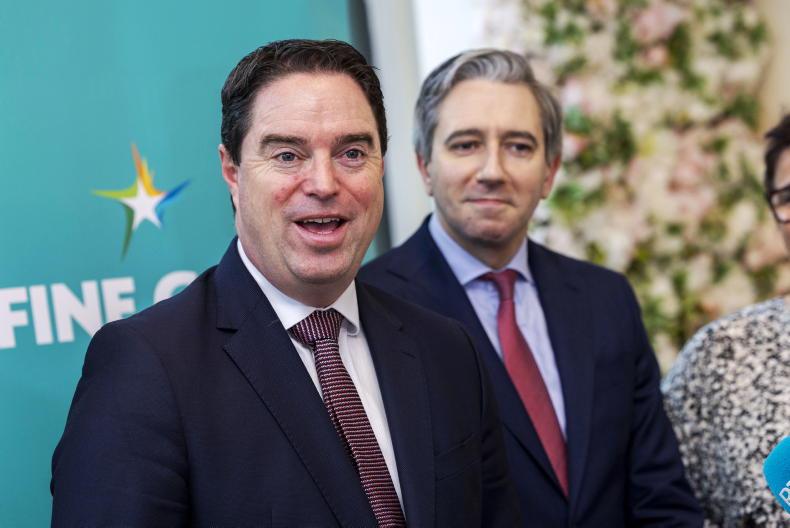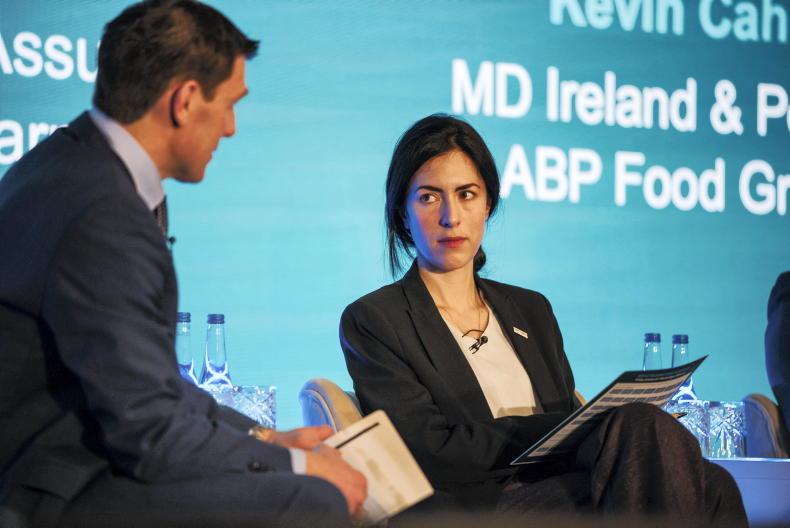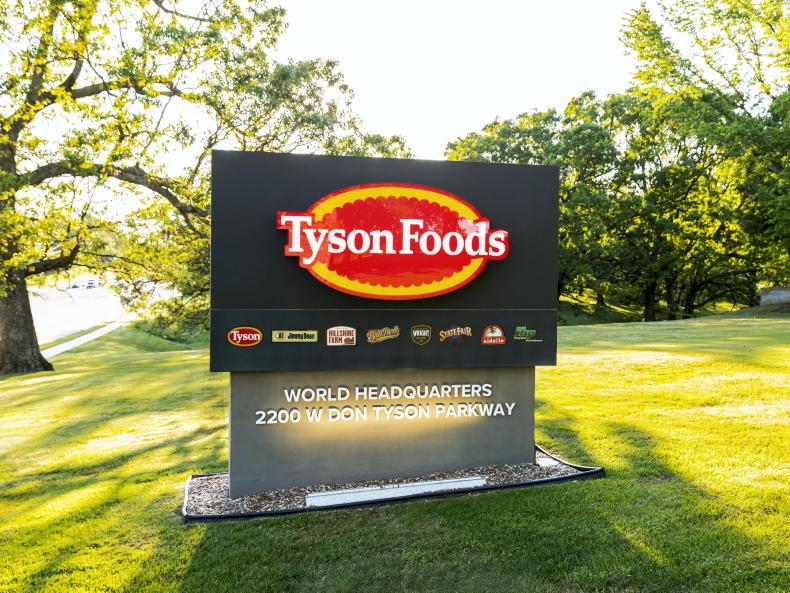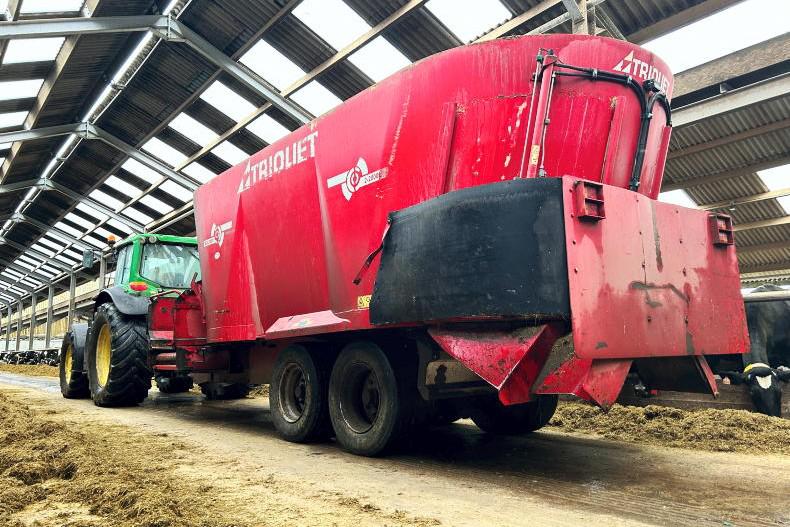The European Commission lost its Green Deal leader last week with the resignation of Commission vice-president Frans Timmermans.
He is returning to Dutch politics to lead a Labour – Green Party coalition in the Netherlands General Election, which takes place in November.
The move has been on the cards for several weeks, but the loss of arguably the Commission’s biggest hitter going into the final year of the current term leaves big shoes to fill.
Timmermans was a passionate advocate for the Green Deal, and was in the vanguard of putting it in place in the first weeks of the current Commission in late 2019, to the extent that the commissioner for agriculture, Janusz Wojciechowski, was very much sidelined.
Overall responsibility for the Green Deal has been passed to Maroš Šefcovic on Timmerman’s departure.
Commission president, Ursula von der Leyen, has nominated the new Dutch commissioner, Wopke Hoekstra, to be in charge of climate action. His politics are aligned with the European Peoples Party (EPP), whereas Frans Timmermans was part of the Social Democrats group.
As was the case when Phil Hogan departed the Commission three years ago, the replacement commissioner isn’t automatically given the same portfolio as their predecessor.
The Social Democrats had been lobbying to retain the Green Deal responsibility for one of their politically aligned commissioners, but this decision is for the commission president alone to nominate, though the European Parliament has to approve all appointments.
Impact on Green Deal
Strictly speaking, the Green Deal is in place and will remain the direction of travel for the remainder of this Commission and beyond.
However, it has lost a powerful advocate with Timmermans’ departure.
Vice-president Maroš Šefcovic is considered capable and a safe pair of hands in the Commission, and is best known for managing the Brexit brief, where he has succeeded in building a working relationship with the UK.
However, as the debate in Parliament before the summer break on rewetting showed, there is a nervousness creeping into members who face the electorate next May.
There is a feeling among many, especially in rural constituencies across the EU, that the production – environmental balance has tilted too far in the environment direction.
This has been given momentum by the success of the Farmers Party in the Netherlands, and it will be interesting to see how they do in the upcoming general election.
Pushback
There is also wider pushback against what are considered “green” policies outside farming.
The German economy looks like it is heading towards recession, with green policies being blamed, while in London there is a huge pushback against extending the low emissions zones, which carry huge tolls for cars.
The global pandemic, followed by the Russian invasion of Ukraine has weakened the global economy, and consumers, for the first time in over a decade, have faced inflation and a cost-of-living squeeze.
Against this backdrop, enthusiasm for prioritising tough measures to tackle climate change has weakened among voters, and politicians are adapting to that.
While the EU through the CAP has the wherewithal to shape the direction of farming, it has less influence where it doesn’t have financial clout.
While the EU Green Deal is the benchmark for reducing emissions from agriculture, its greatest weakness is that it applies only to farmers in the EU.
With global demand for meat and dairy forecast to continue increasing for the next decade and beyond, production will trump reducing emissions elsewhere in the world. That means the unintended consequence of curbing dairy production in Ireland, leading to an increase in global emissions, because production is diverted elsewhere where emissions are higher.
The European Commission is unlikely to pursue radical policy developments in its final months, but the next Commission would do well to develop a Version 2 of the Green Deal that includes a rebalancing towards production, alongside the essential climate and environmental priorities.










SHARING OPTIONS